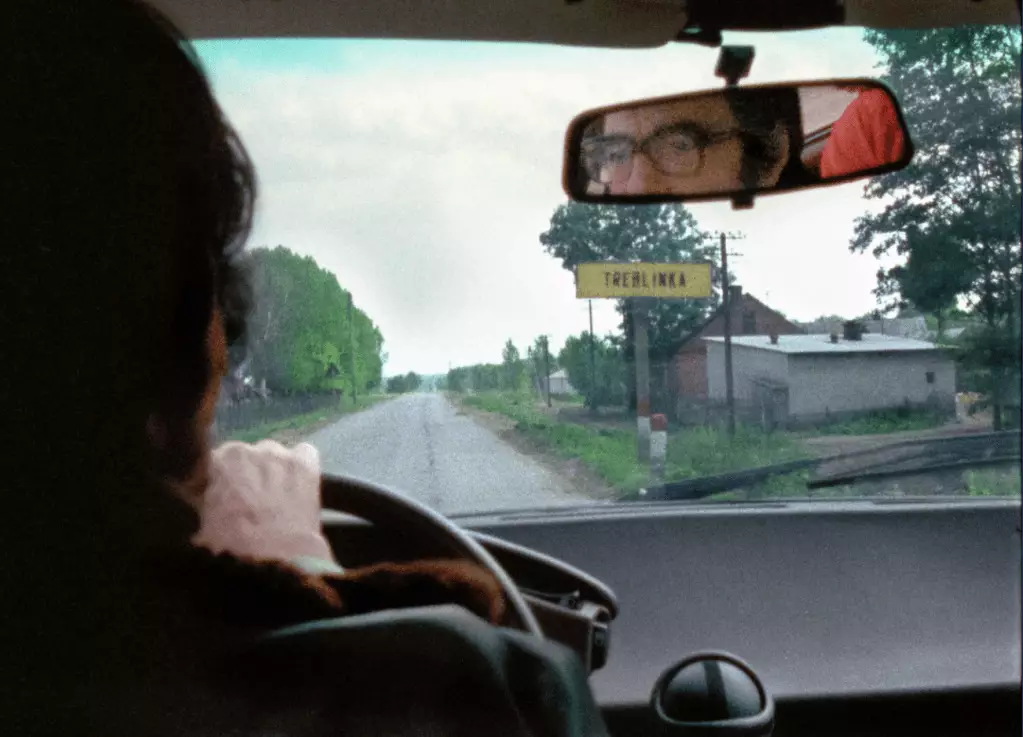The iconic documentary Shoah, directed by Claude Lanzmann, remains a significant cultural landmark, especially as it is showcased again at the Berlin Film Festival, marking its 40th anniversary. Released four decades ago, this nearly ten-hour-long exploration of the Holocaust is notable for its unique approach that circumvents traditional historical footage, instead relying exclusively on in-depth interviews with survivors, bystanders, and perpetrators across 14 countries.
The Relevance of Shoah Today
In an era where discussions about history and memory continue to be paramount, Lanzmann’s Shoah stands as a masterful testament to the complexities of recounting one of humanity’s darkest chapters. By utilizing only spoken narratives, the film transcends the boundaries of conventional documentary filmmaking, presenting a haunting and profound portrayal of the Holocaust’s impact on collective and personal consciousness.
The documentary’s unflinching use of interviews aims to ‘reincarnate’ the lived experiences of victims and witnesses, creating a space for reflection and confrontation. As noted in the Berlinale program, this approach allows the remnants of that tragic history to resonate deeply with audiences, making the film just as relevant today as it was during its initial release.
This year’s festival not only commemorates Shoah but also introduces a new film titled All I Had Was Nothingness (Je n’avais que le néant), directed by Guillaume Ribot. This documentary dives into Lanzmann’s life and creative process, revealing aspects that may have slipped through the cracks of mainstream history. An intriguing moment presented in this film places Lanzmann face-to-face with the neighbors of a suspected war criminal, who express indifference toward uncovering their neighbor’s wartime past. This scene adds another layer to the discussion—highlighting the moral complexities and community dynamics surrounding the Holocaust.
The collaboration between Lanzmann’s own words, stitched together from his memoirs and previously unseen footage, evokes a sense of continuity in the storytelling. Ribot’s film serves as both a tribute and a critical examination of Lanzmann’s relentless pursuit of truth in a world often reluctant to confront its own historical narratives.
Claude Lanzmann’s impact on cinema is underscored by ongoing conversations about his work. At the time of the screening, Lanzmann would have celebrated his 100th birthday had he lived. His passing in 2018 left behind a legacy that continues to influence the documentary format significantly. His unwavering commitment to revealing the concealed, emotional truths of history reshaped not only our understanding of the Holocaust but also the art of documentary filmmaking itself.
The Berlin Film Festival acknowledges Shoah as a timeless masterpiece, recognized for the way it blends both epic undertakings and intimate human stories. Its inclusion in the UNESCO Memory of the World Register further solidifies its status as an essential work that uncovers hidden truths and challenges the audience to engage with difficult aspects of history.
As we revisit Shoah at the Berlin Film Festival, we are reminded of the power of storytelling in confronting historical truth. Through shoah, Lanzmann has immortalized lived experiences that demand reflection, debate, and continued dialogue about humanity’s capacity for redemption and understanding in the face of atrocity. His work invites future generations to delve deeper into the shadows of history, ensuring the memories of both victims and witnesses are preserved and honored.



Leave a Reply